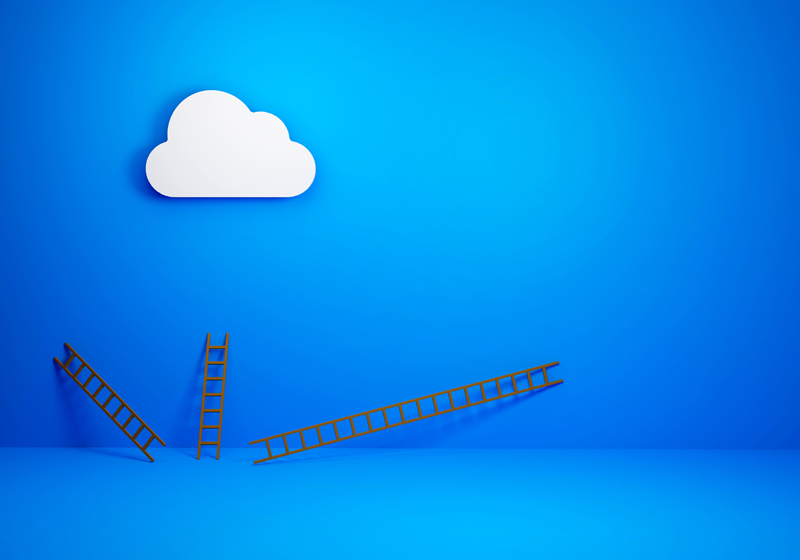 A spate of recent outages and IT failures have highlighted the risk of being dependent on a small number of cloud technology providers. This has been exacerbated with the majority of people now working remotely, relying on cloud services, more than ever before.
A spate of recent outages and IT failures have highlighted the risk of being dependent on a small number of cloud technology providers. This has been exacerbated with the majority of people now working remotely, relying on cloud services, more than ever before.
Gmail and Google Drive suffered an outage at the end of last month, while separately, photographers lost data when Adobe Lightroom updates deleted users’ photos and Canon’s Camera Cloud Platform ‘lost’ original photo and video files.
Peter Groucutt the managing director at Databarracks commented: “Cloud computing has become an oligopoly. We are increasingly dependent on a small number of players who dominate the market. Recent events show the challenge of maintaining productivity in outages highlighted the importance of external backups.
“Some argue the reason you do not need to back up cloud data is because a data loss is so unlikely. It would be too embarrassing and damaging for Microsoft, Google or AWS if they were unable to recover data for their customers. Unfortunately, there are many examples of data being lost for a small subset of users. If you’re in that small subset, you don’t have a lot of power in the relationship with the cloud provider and if they say your data is unrecoverable, there isn’t much you can do.
Cloud providers do not usually accept liability for data loss. In Microsoft’s Services Agreement it explicitly recommends backing up “your content and data that you store on the Services or store using third-party apps and services”.
“The public clouds are designed in a way that should make if very unlikely to lose data. The big cloud services are made up of different data centres around the world, with redundancy built into each region and zone. It shouldn’t be possible for an issue in Amsterdam to affect data centres in the US. Beyond the hardware however, there is still a single point of failure. The services run on the same software and there is the chance of an update causing problems across multiple regions.”
Peter continued: “Ultimately, what this shows is, nothing is infallible. It’s a universal truth in IT that everything eventually fails. These recent outages highlight how reliant we are on cloud services and the importance of having a backup that exists outside that primary production cloud. When lockdown first happened, industries like hospitality ground to a halt, while office or ‘knowledge workers’ were able to continue with little disruption. The biggest risk to those businesses was no longer the office location, but in fact the technology being deployed to keep staff working remotely. Staff can work effectively outside the office but would be completely unproductive without those cloud applications.
“The good news is that we are seeing positive evidence of how businesses are responding in our latest Data Health Check research. There are more organisations backing up their cloud services, with 66 percent in 2020 compared to just 28 per cent in 2016.”

